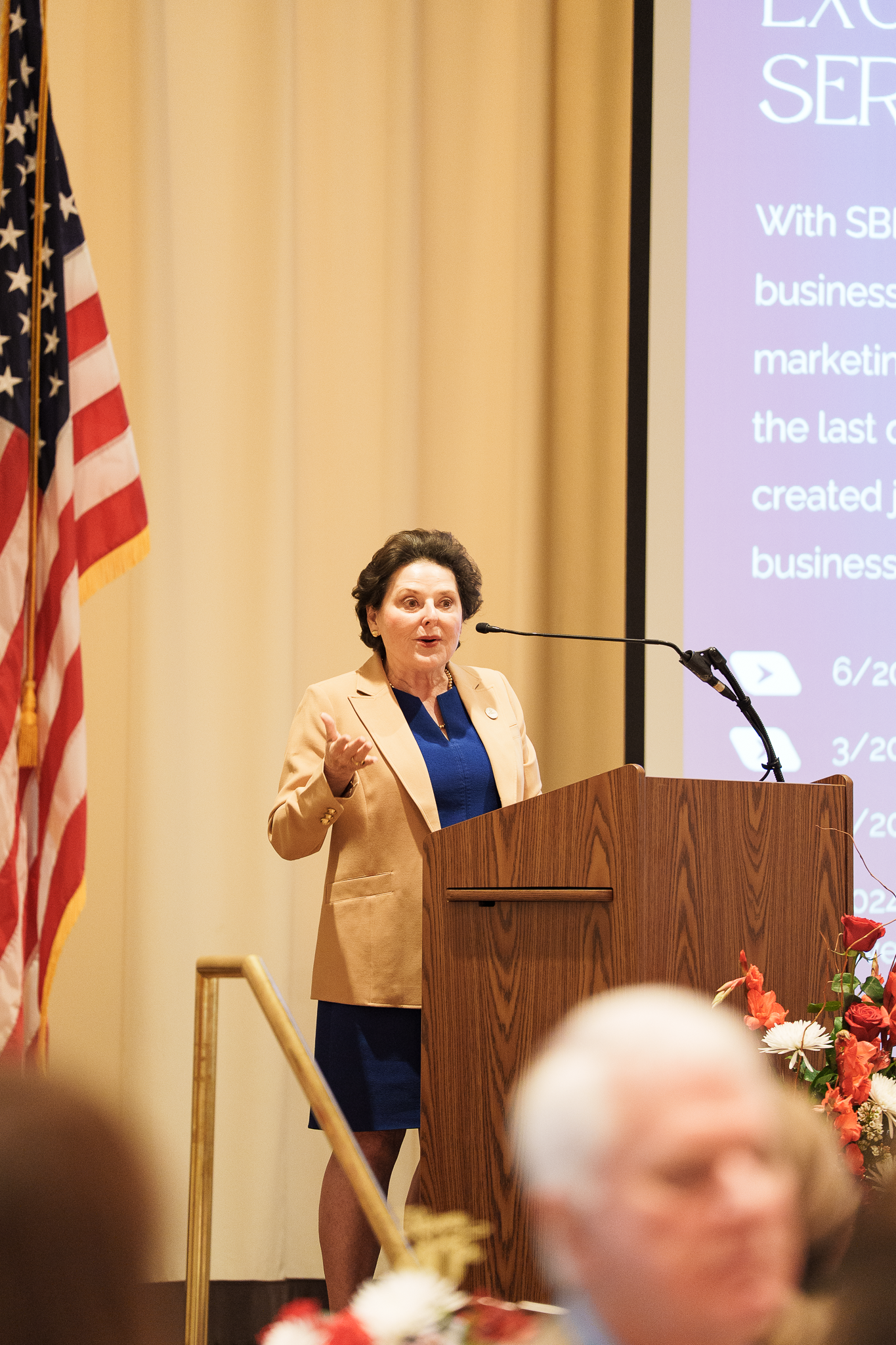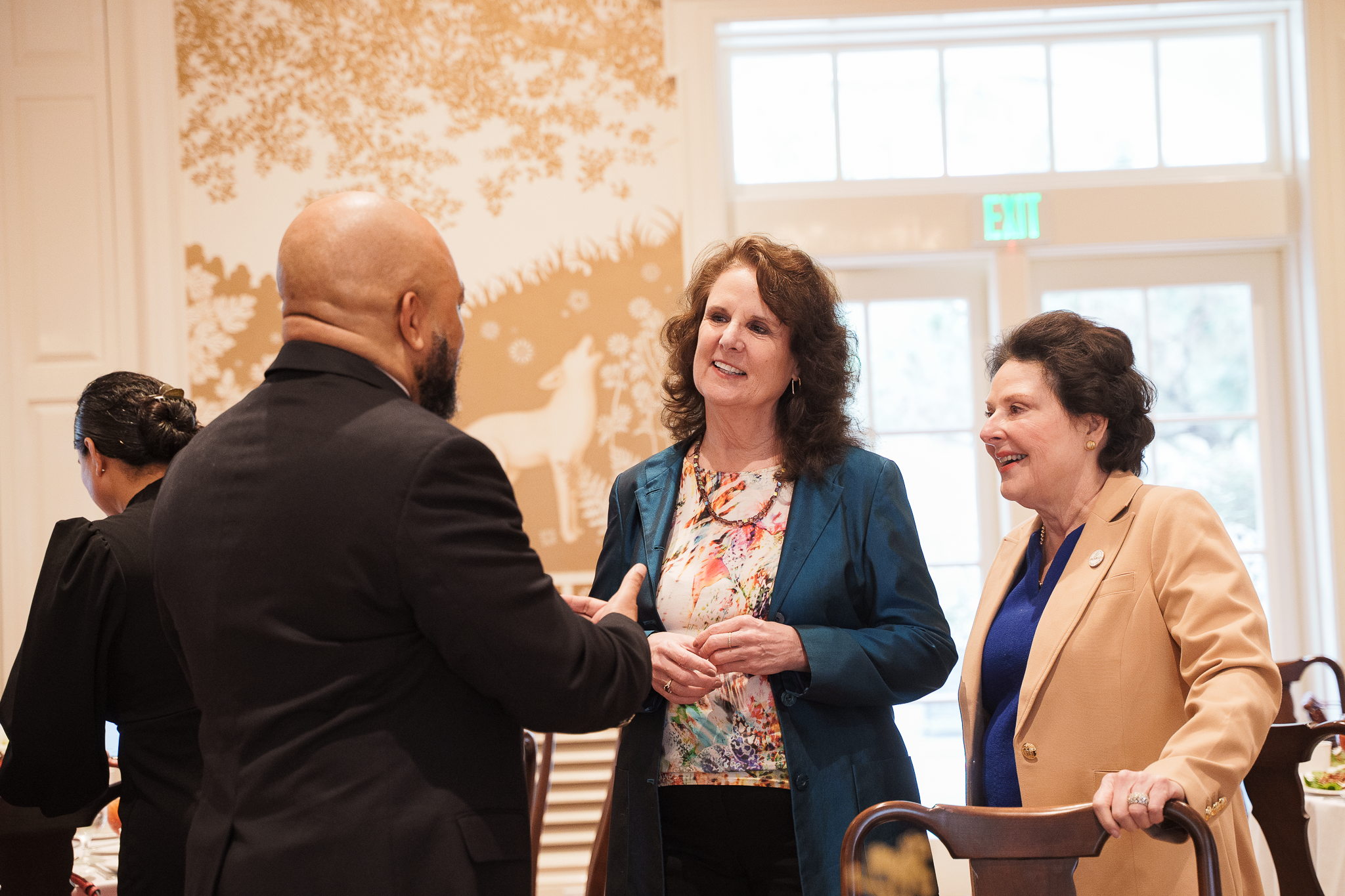A Business Lifeline
UH Small Business Development Center Marks 40 Years of Helping Local Small Businesses

For four decades, the University of Houston’s Texas Gulf Coast Small Business Development Center Network has served as a vital resource for entrepreneurs and small business owners across the Greater Houston region.
Since its founding in 1984, the SBDC has played a role in helping local businesses start, grow and thrive, offering free, confidential advising and affordable training in everything from business planning to financial analysis, marketing strategy, access to capital and operations improvement.
“All you have to do is contact us online...,” University of Houston Small Business Development Center Associate Dean Steve Lawrence said.
The SBDC is more than a resource; it's a lifeline for many small businesses and entrepreneurs. Its advisers work across 32 counties supporting clients from every background and industry, everything from food trucks and daycare centers to cutting-edge tech startups. In addition to the main Houston office, the SBDC network includes 13 total centers with around 75 staff members total, including finance experts, communications professionals, trainers and most critically, business advisers.
"Those advisers are the heroes," Lawrence said. "They sit down with clients every day, helping them launch, scale, recover or pivot their businesses. We’re here to support them."
The support that advisers provide has also pivoted in challenging times. During the COVID-19 pandemic, the SBDC transitioned to fully virtual operations in just 24 hours, a move made possible by two years of behind-the-scenes work on digital infrastructure. The swift pivot kept advising uninterrupted and clients continued to receive guidance.
More recently, advisers are undergoing training in artificial intelligence and cybersecurity, two areas that Lawrence says are vital for their clients to consider in this day and age of business.
"We don't just meet with you once and wish you luck. We're here for as long as you need us."
"AI is becoming essential for business success, and cybersecurity is critical," Lawrence said. "We want to make sure our clients are prepared."
Another major innovation came with the creation of SBDC’s "specialist model." Instead of hiring full-time staff in every business niche, the center contracts highly trained professionals.
“We began working with professionals in areas like marketing, QuickBooks, HR, logistics and other specialized fields,” Lawrence said. “It’s a model that has worked exceptionally well for us and has since been adopted by many other SBDCs across the country. Internally, we refer to it as our ‘specialist model’ or ‘independent contractor model,’ and it’s become a cornerstone of how we deliver high-impact, customized support.”
This year, the network celebrated its 40th anniversary with a luncheon highlighting the stories of longtime clients, including a logistics company and a daycare services provider who have partnered with SBDC for over two decades. Their success, Lawrence noted, is proof of the center’s commitment to long-term, hands-on guidance.
“Some of our clients have been with us for 20 years or more,” he said. “We don’t just meet with you once and wish you luck. We’re here for as long as you need us.”
The dedication of SBDC staff has produced several local success stories, including Three Brothers Bakery, El Bolillo Bakery, Excargo and Salata, all clients who received support and guidance from the center.
In recent years, SBDC has homed in on local communities to share what services are offered to them, including the APEX Accelerator program, which helps small businesses pursue government contracting opportunities.
“In the last 10 years, we've made a real strategic shift to focus specifically on the underserved communities to go out and make sure that people know we're there and make sure that they're aware that they can get them,” Lawrence said. “If you don’t know we’ve got these services out there, it’s hard to access them, and the people who need them the most are probably the people who can’t access them or don’t know that they’re there.”













